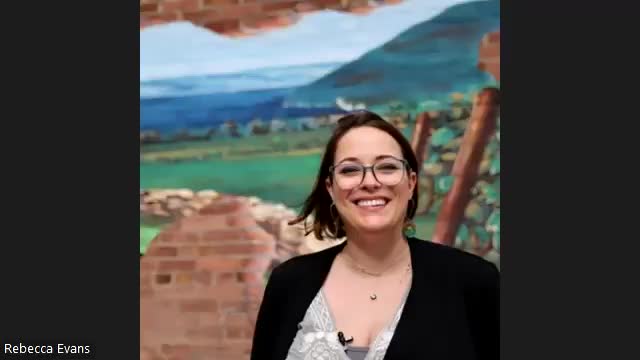Residents urge Ithaca City to add zero-waste measures to Climate Action Plan; commission agrees to explore language
Get AI-powered insights, summaries, and transcripts
Subscribe
Summary
Residents and local advocates told the Ithaca City Sustainability Commission on Nov. 5 that the city—s draft Climate Action Plan should explicitly include zero-waste and solid-waste reduction measures.
Residents and local advocates told the Ithaca City Sustainability Commission on Nov. 5 that the city—s draft Climate Action Plan should explicitly include zero-waste and solid-waste reduction measures. Speakers said such steps are low-cost, locally implementable and would yield visible community engagement even if waste accounts for a small share of city greenhouse-gas emissions.
Tom Christina, a resident and co-chair of the Finger Lakes chapter of the Climate Reality Project, praised the plan—s broader framing but urged that it include adaptation and resilience measures. "Plans going forward must include adaptation, emergency preparation, and increased infrastructure resilience to deal with future events," Christina said.
The most sustained public comments came from members of 0 Waste Ithaca and Cornell students. "This draft climate action plan includes nothing of solid waste and or 0 waste strategies," said Yayoi, founder of 0 Waste Ithaca. She warned that plastic pollution breaks down into microplastics and can carry PFAS, which she described as "forever chemicals linked to cancer, immune disorders, and reproductive harm," and said local tests found PFAS in samples from synthetic turf fields the city approved.
Carla Hopman, a Cornell environmental and sustainability student, and Constance Sterling Engman, a Forest Home resident, presented specific, low-cost proposals for the plan: receipts-by-request, opt-in condiments and utensils, on-site reuse where dishwashers exist, visible small fees for disposables, composting incentives, and adding reusables to K— school cafeterias. "These are not radical ideas. They're low cost, high impact steps already proven elsewhere," Sterling Engman said, citing a Washington, D.C. composting incentive model as an example.
At staff request, Rebecca (sustainability director) explained how waste services are organized locally: the city—s curbside pickup collects landfill-destined trash; recycling collection is performed by a private contractor; and composting is currently a drop-off or backyard activity. She also stated the city—s 2023 greenhouse-gas inventory estimate showed waste was under 1% of the city—s total emissions, a point some commissioners cited when weighing where to allocate staff time.
Commissioners expressed a range of views but generally supported pursuing a practical, limited set of waste-reduction actions to include in the plan or to pursue by other policy venues. Commissioner Fernando said there was community support and "no reason why they couldn't work here," while Commissioner Erin cautioned against measures that would unduly burden consumers or small businesses.
Rather than committing to a specific ordinance at the meeting, the commission agreed to explore language and the proper venue for action. Commissioners and staff discussed coordinating with Tompkins County and local nonprofits and said volunteer and staff resources could be used to draft recommended language. Pierre and Fernando volunteered to help draft options and to seek community resources and expertise.
The commission did not take a formal vote on a specific waste policy at the meeting. Instead, members directed staff and commissioners to draft language for the Climate Action Plan that would acknowledge the city will study and pursue appropriate waste-reduction measures, and to return with a recommendation for potential council outreach and next steps.
The commission will consider a draft recommendation at a future meeting and submit a memo or letter to the City Council when ready. Public commenters encouraged both a formal recommendation and continued visible community engagement.
